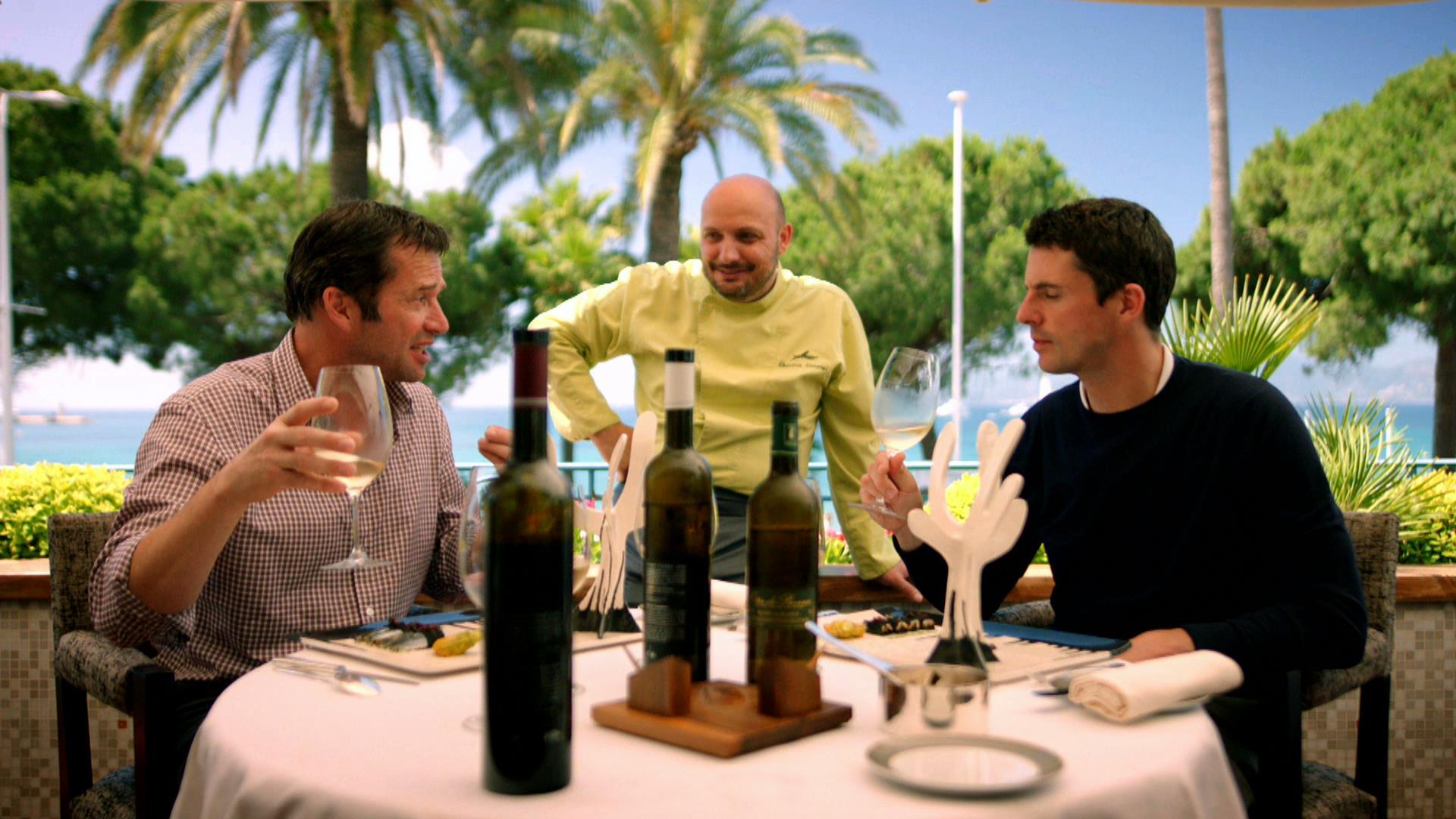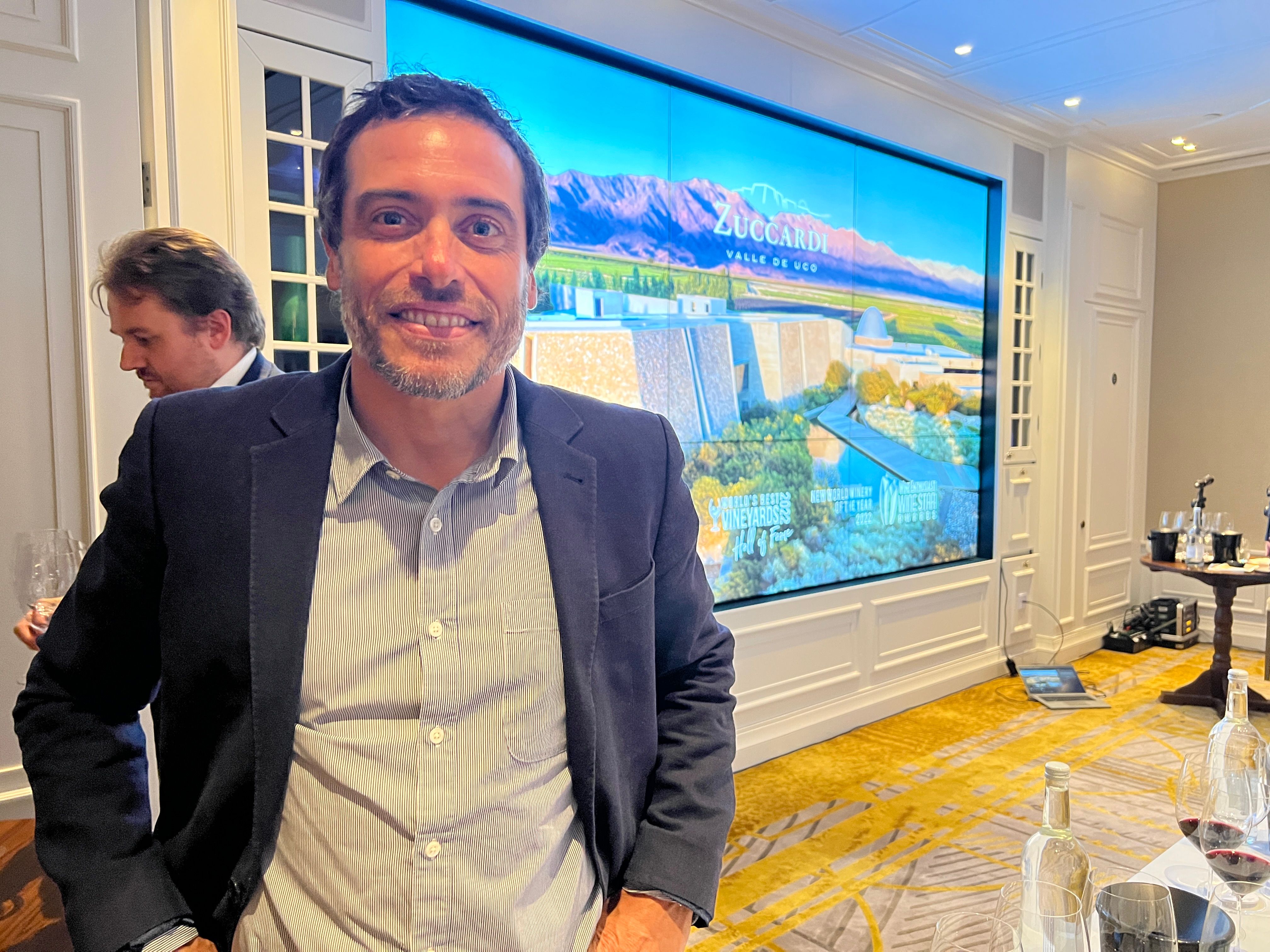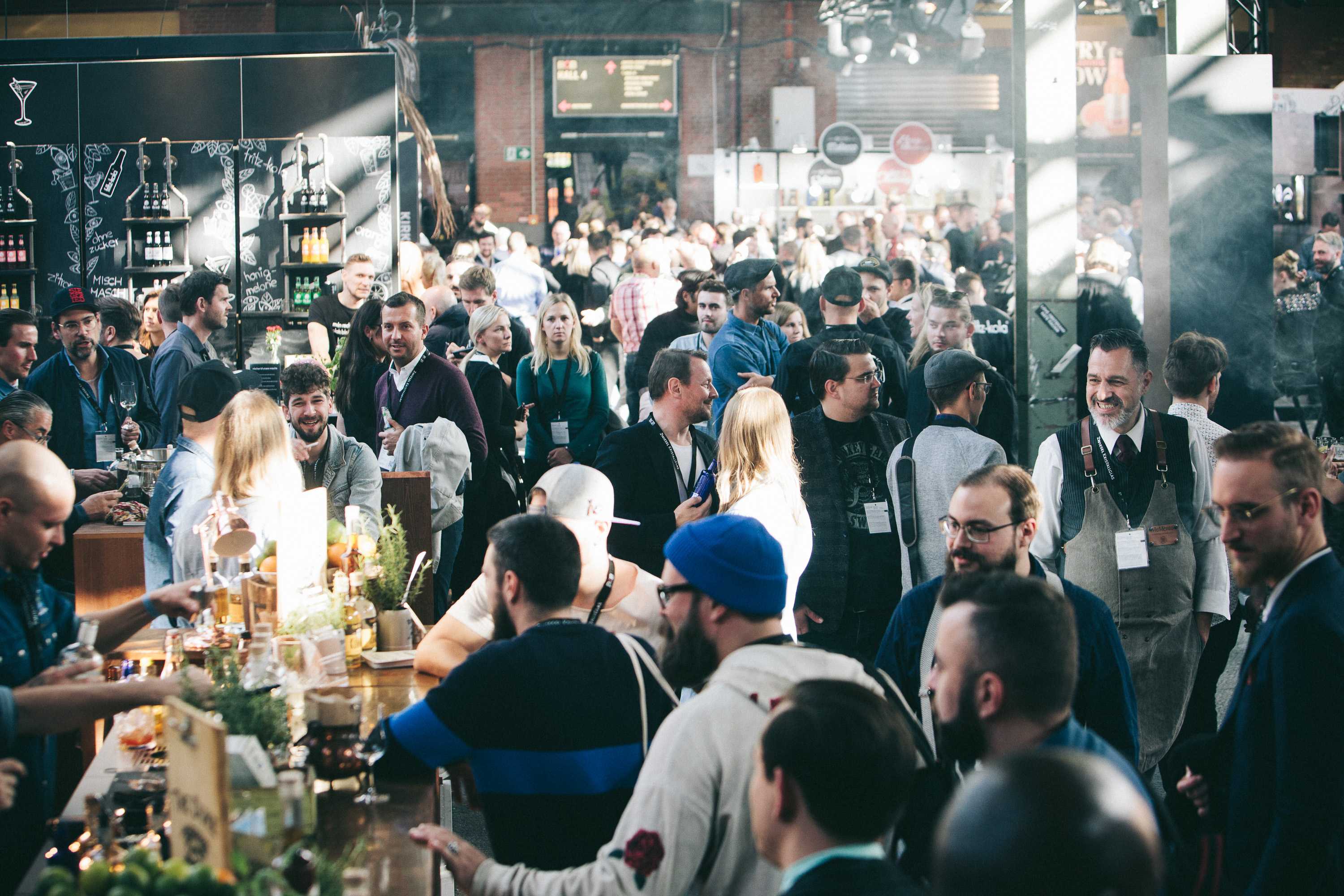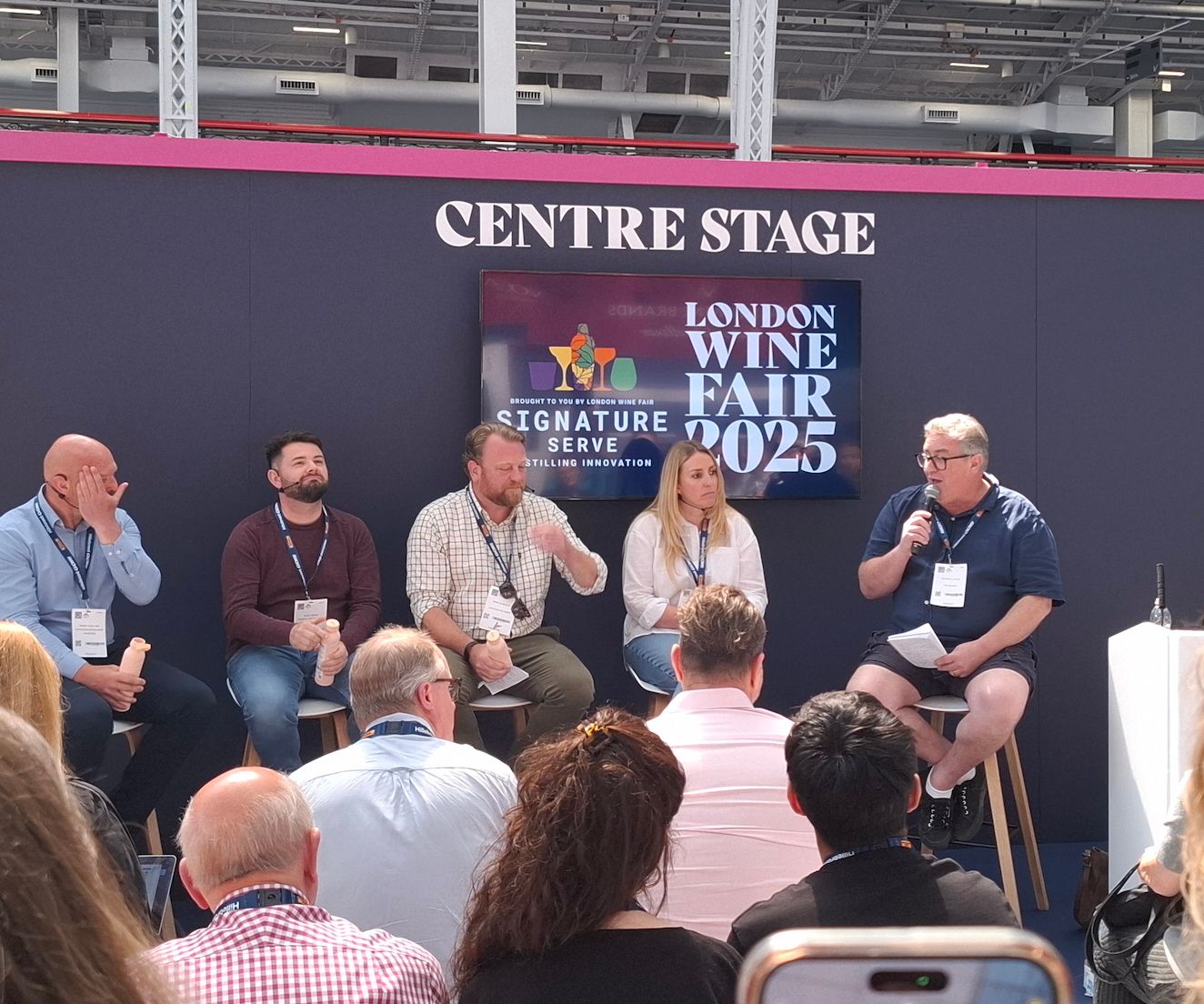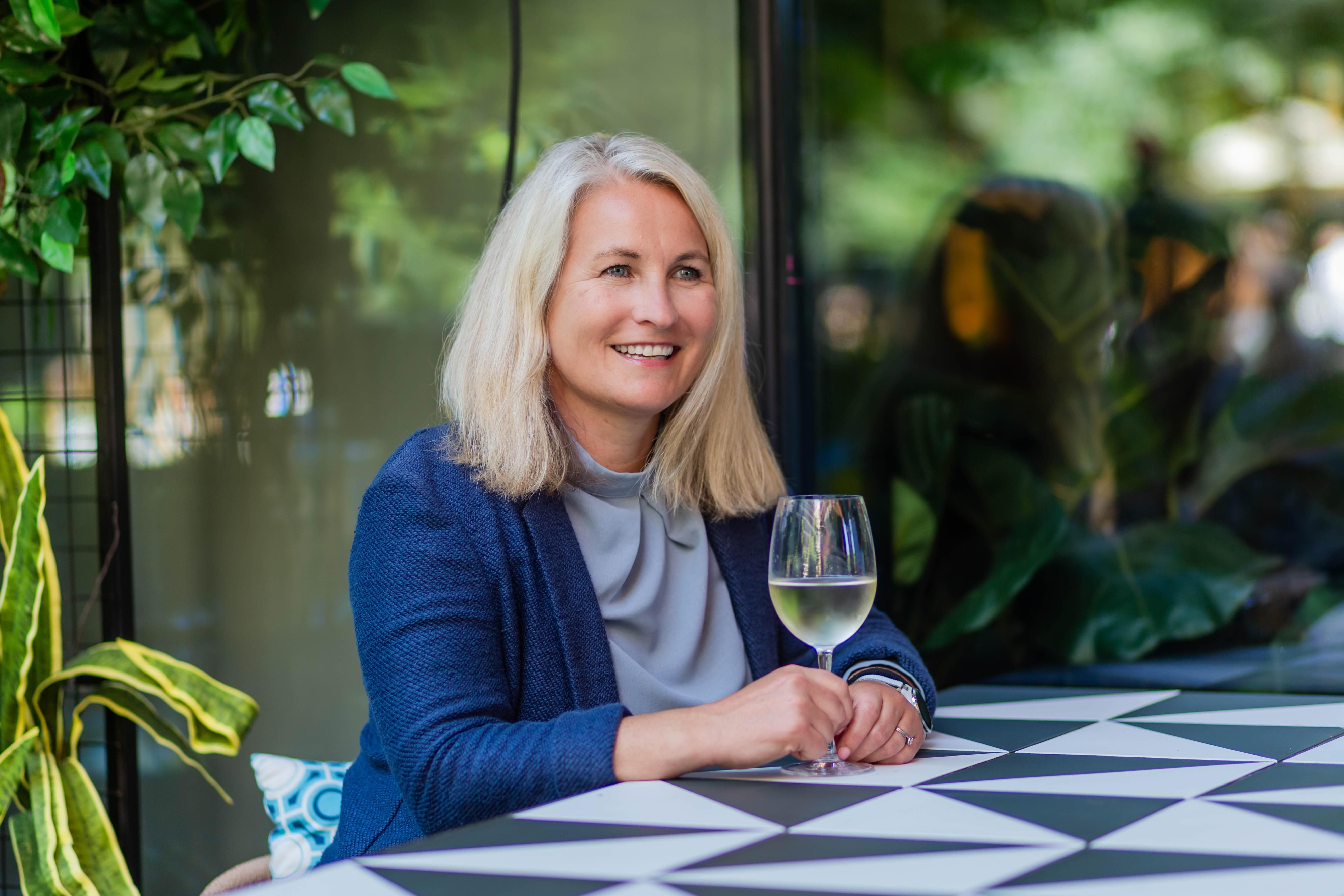What do you think of The Wine Show? A good relaxing hour well spent after a busy week at work, in the company of good looking, famous actors who are together discovering more about wine in exotic locations around the world? Well that’s what it’s all about, explains co-presenter Joe Fattorini.
The real fact of the matter is that nobody watches wine television programmes. People watch what interests them, and sometimes it’s a wine television programme.
Keen students of advertising history will recognise this almost-quote. It’s from Howard Luck Gossage, writing in the 1960’s about advertisements. But the sentiment was as true then about ads as it’s true about wine television today. Only a few aficionados seek out ads to watch, and only a few enthusiasts seek out wine television programmes. But the economics of making television demands a mass audience. You have to attract wine’s civilians, not only those at the vinous front line.
Wine businesses targeting enthusiasts and aficionados have little to take away from The Wine Show. That’s not a criticism. You’re narrowcast and focussed. We’re broadcast. But businesses looking to take wine to the many, not the few, may find some of what we found interesting.
We need to do less telling…
First, show, don’t tell. For most people, wine is an accessory to life not their life’s mission. It complements meals. It lubricates interactions. It marks events and it signifies. In fairness, the wine business knows this. There’s no shortage of advice on what to do with wine where, when, how and with whom. But that’s telling.
You need to show people having a meal with different wines rather than tell them the match. Show wine’s role in history and society. Show people enjoying wine, rather than tell them they’ll enjoy it once you’ve assessed it, described it or judged it.
Then think about tone, not subject. Most people, most of the time, want a nice, relaxing drink with family, friends or Silent Witness.They don’t want to be educated. Or to worry that they should have chosen something “better”. Sometimes on The Wine Show we’re frivolous. Or enjoy a wine that is perhaps not quite as good as the one from an estate up the road. That’s because we reflect the real-life drinking experience of viewers.
Forget the lychees….
Then remember it’s about texture, not flavour. Ever thought why people parody wine enthusiasts with our colourful descriptions of flavours and scents and aromas? It’s because those descriptors don’t mean that much to most people. People place far more importance on the mouthfeel and texture of a wine than its fragrance. They will be fans of big, smooth, or zesty wines, far more than they are fans of strawberry-scents or a heritage-apple mid-palate. There’s an added advantage too. Texture words are relatable. Supple, smooth, youthful, soft. They come with an inbuilt emotional resonance. They take you back to tone, not subject.
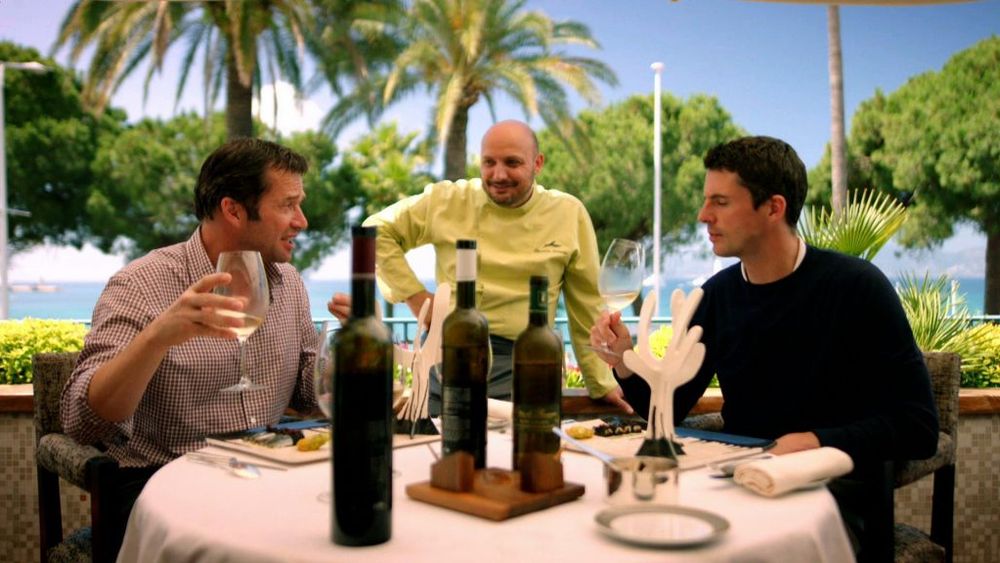
It’s the TV and film stars chatting about wine that the viewers really want to watch…
And people are interested in themselves, not you. The heroes of The Wine Show are not the wine experts. The heroes are the two (now three) people who don’t know that much about wine, but know they like it. Have you ever heard something along the lines of “I like wine but I’m afraid I don’t know very much about it”? That’s Matthew Goode, James Purefoy and Matthew Rhys. They’re not us, the professionals. They’re them, wine’s civilians. They enjoy wine, but they don’t know that much about it. And they’re enjoying discovering it with a friend.
Be inspiring…don’t lecture
Finally, you’ve got to be prepared to break the rules. You could create a worthy show around the BBC’s Reithian motto, to “educate, entertain and inform”. And it would appeal to wine fans too. But it would drown commercially. The wine business is not a public service and neither is most television. “Surprise, inspire and connect” is television’s more useful modern triad. Surprise people by showing them wine in the context of a coffee shop or comedy club.
Inspire people to try new wines with images and emotions. And talk in the language your audience so you can connect. Not only on screen. Or in a shop. But on social media when they’re asking you questions at all hours. Social media invites your audience into a conversation. Talk to them directly and personally. Ask interesting questions and give funny answers. Not just when you can, but as part of your job.
I’ve been a wine merchant and I’ve been a TV presenter. In most ways, they’re two unrelated jobs in unrelated industries. But over the last two series, we’ve made a show knowing that people watch what interests them. And sometimes it’s a wine television programme. Within the wine business we need to remember, people don’t only drink wine. They drink what interests them. And if we get that right then sometimes it’s wine.
- You can watch the current series of The Wine Show on Channel 5 on Friday nights at 7pm-8pm.
